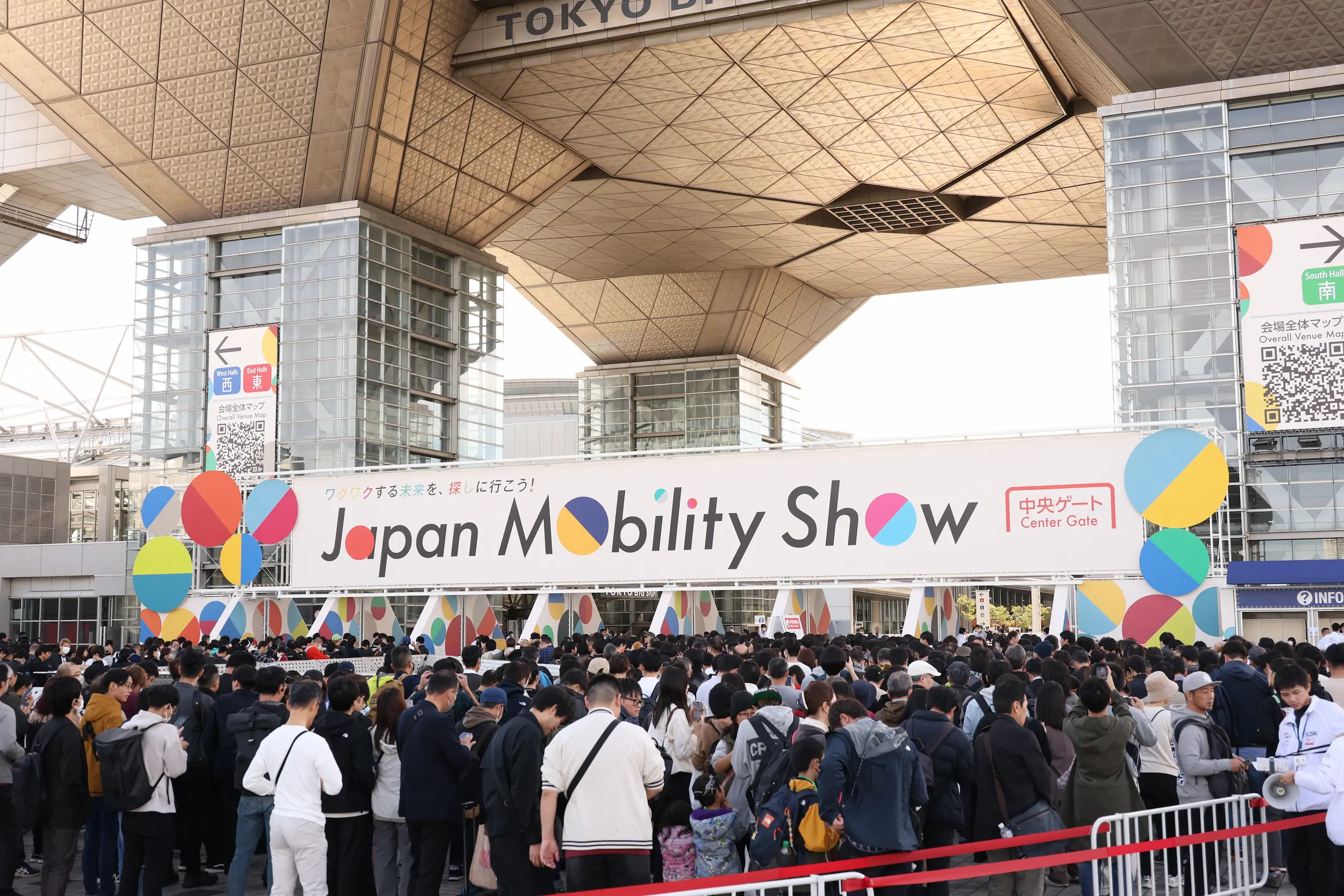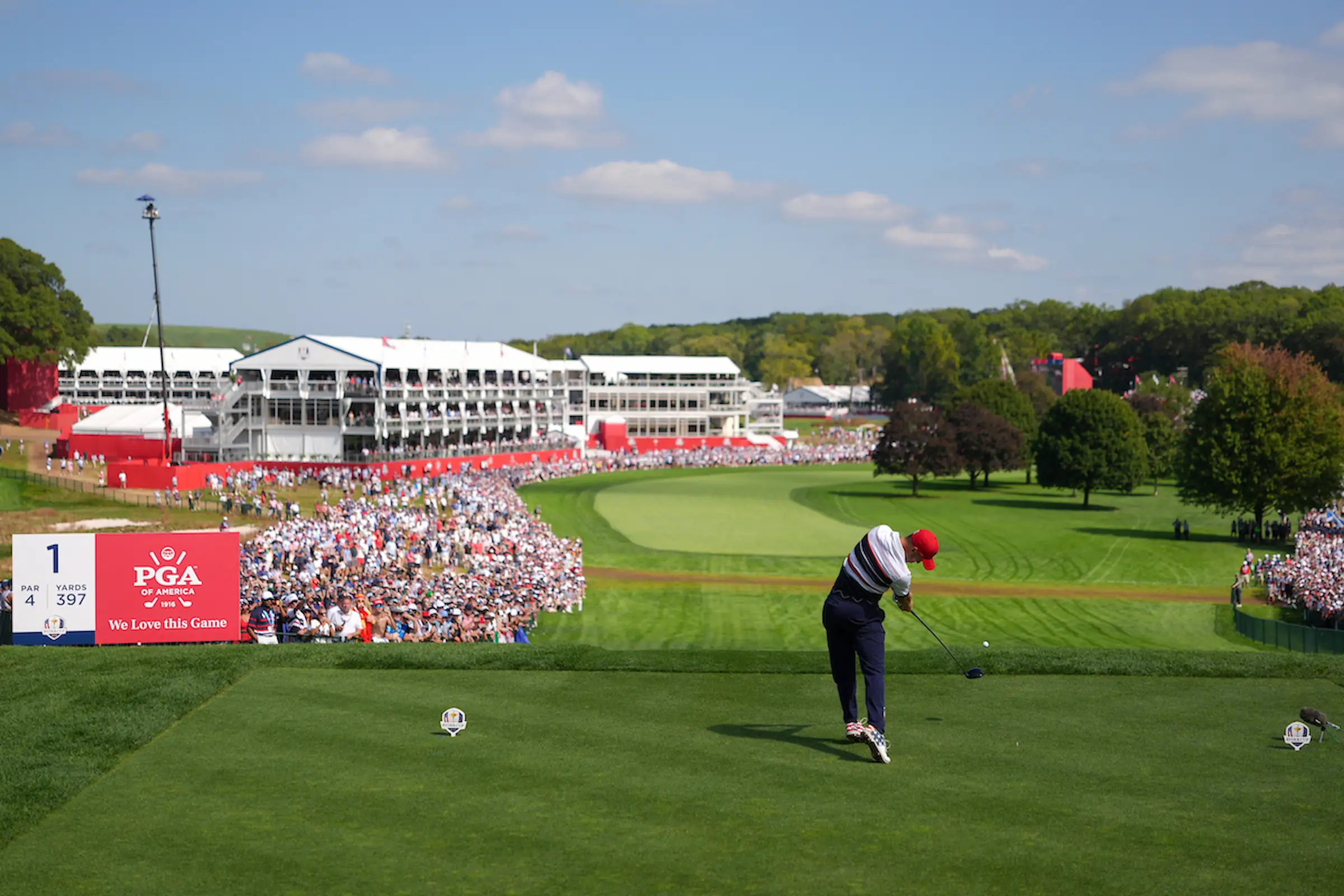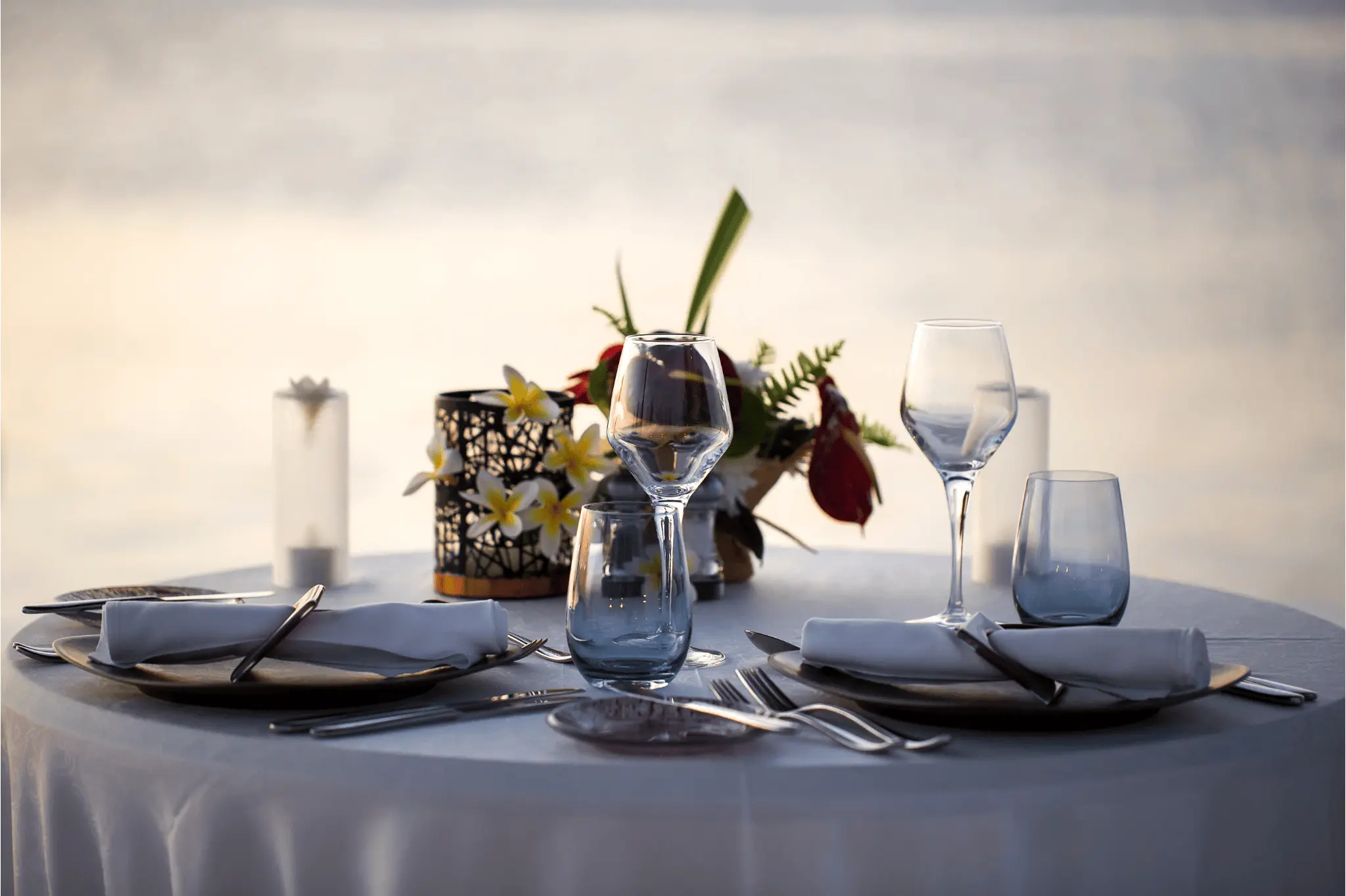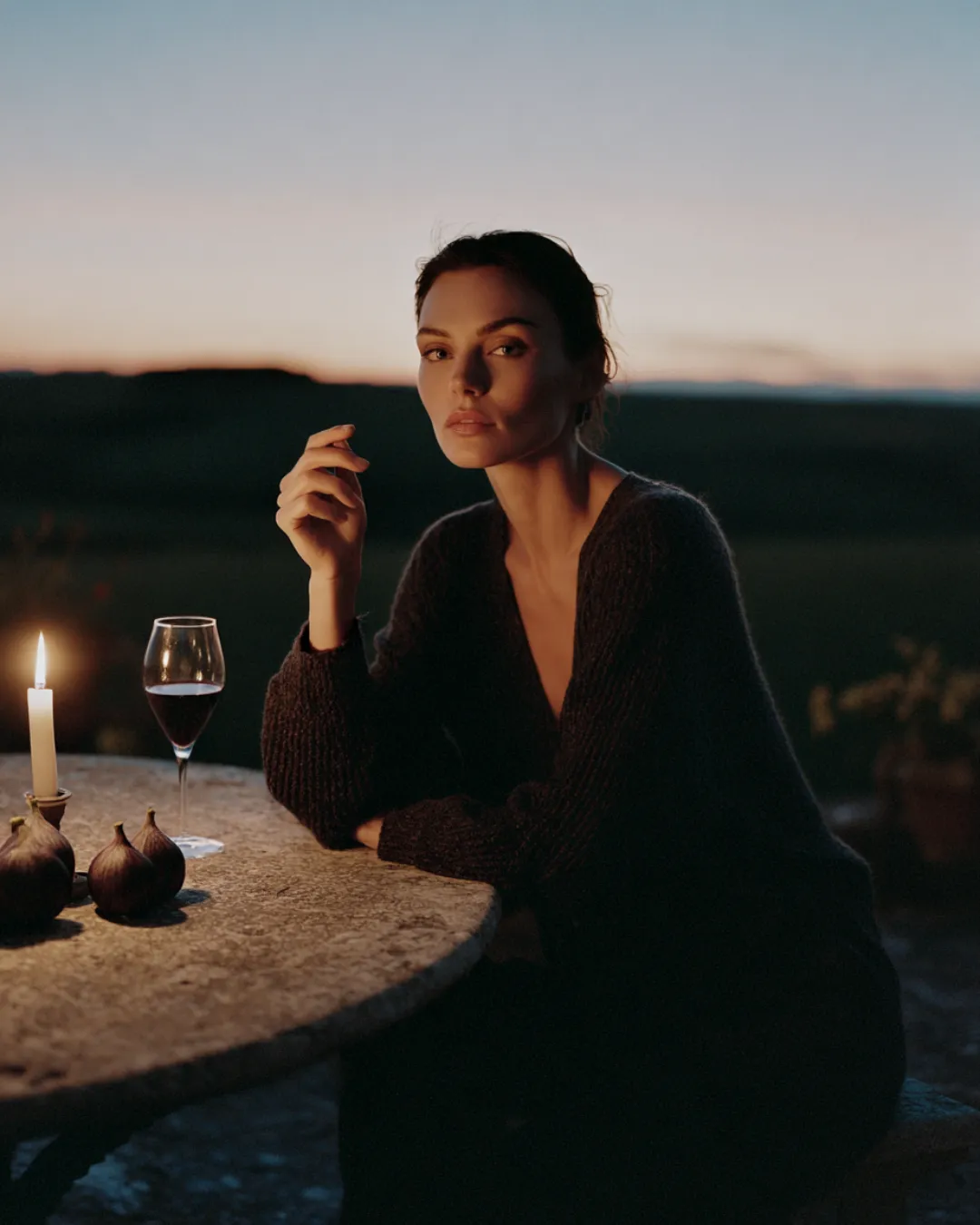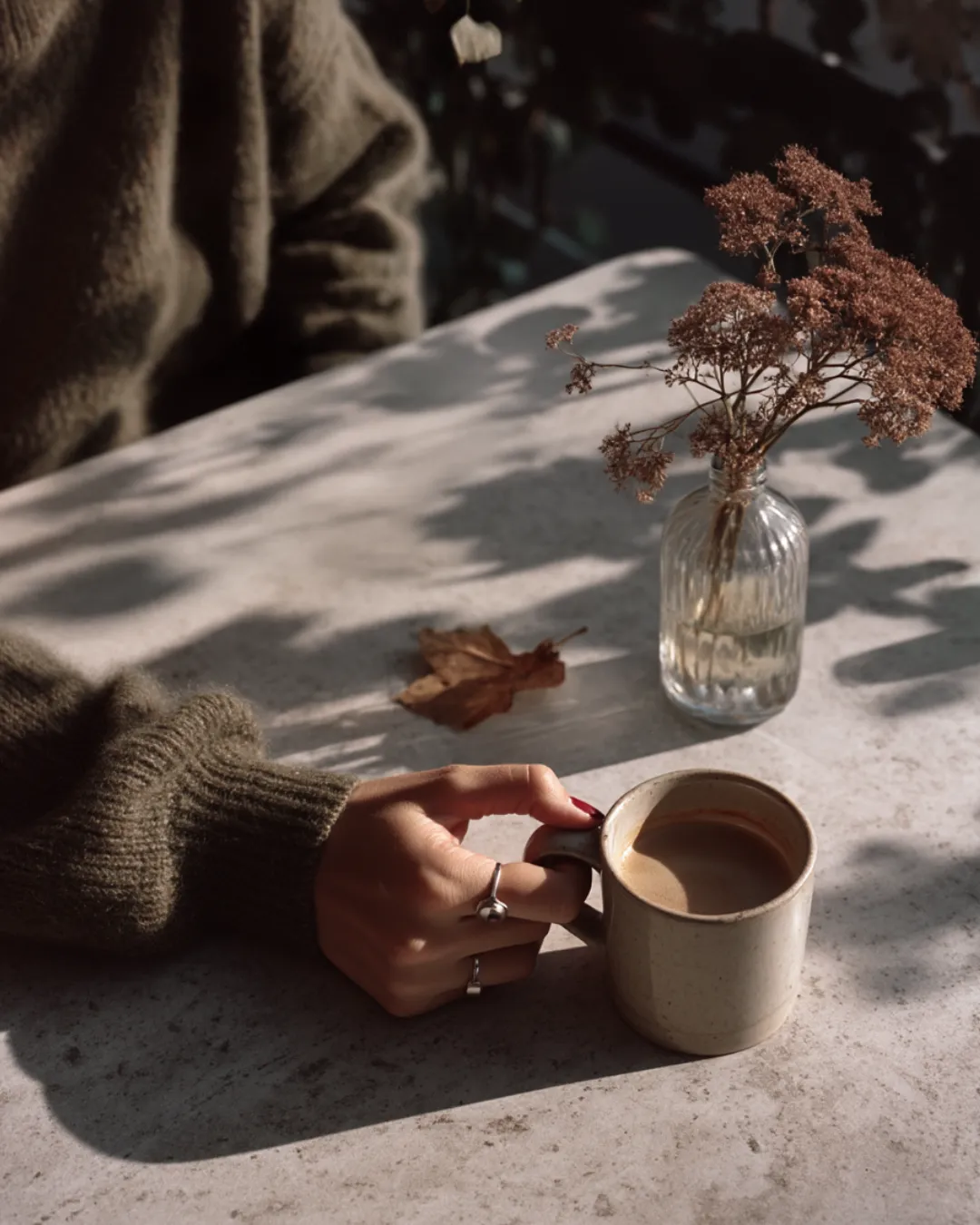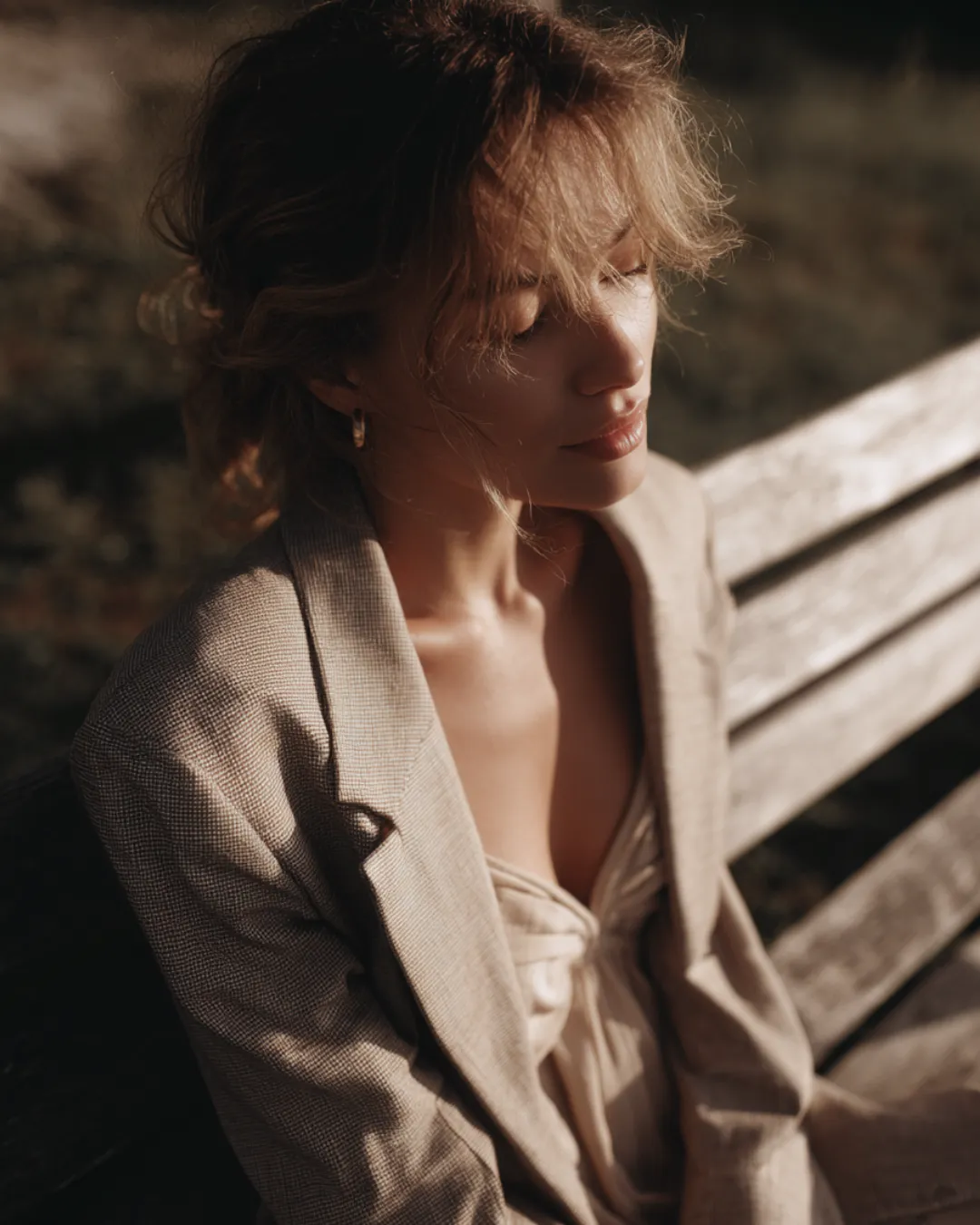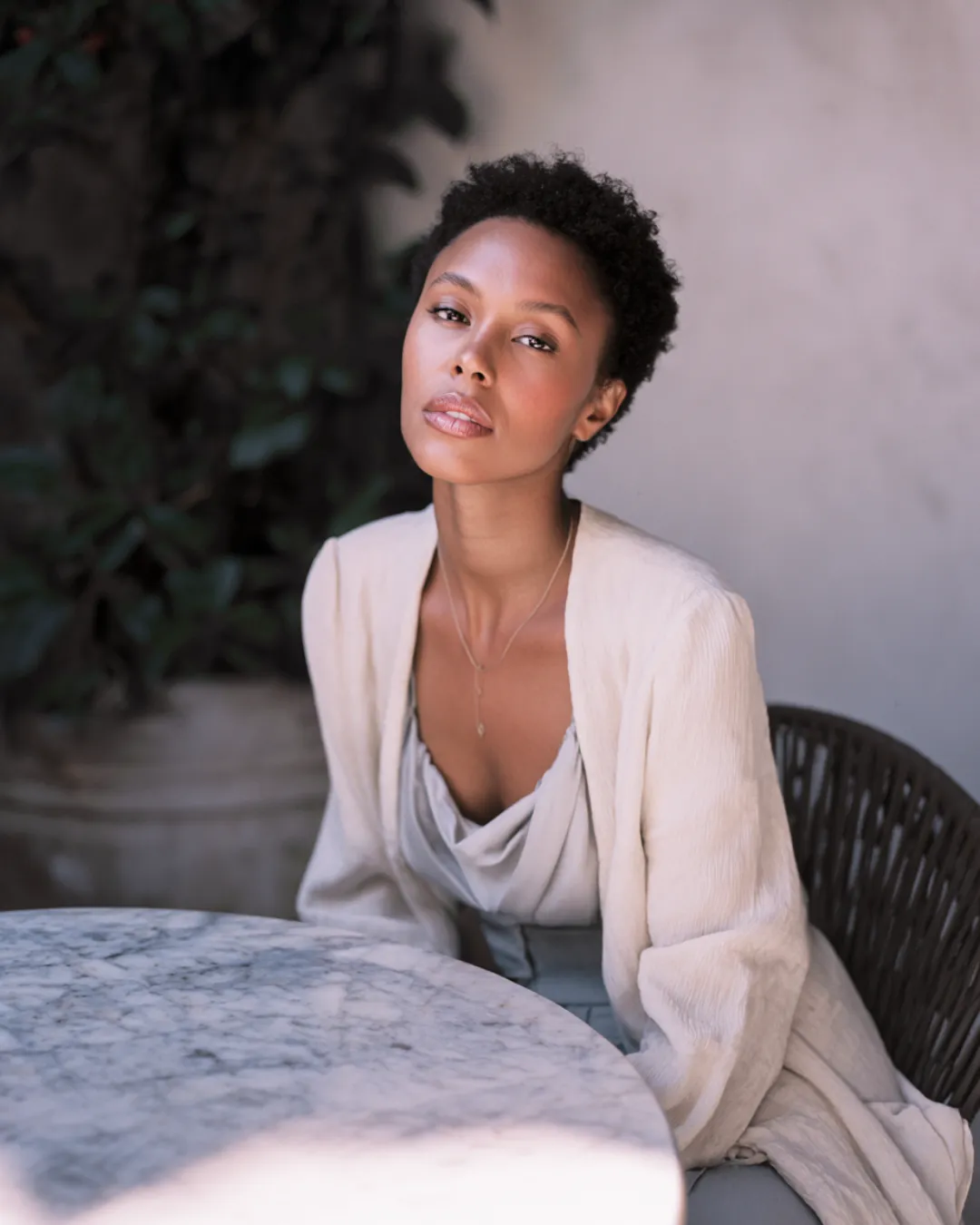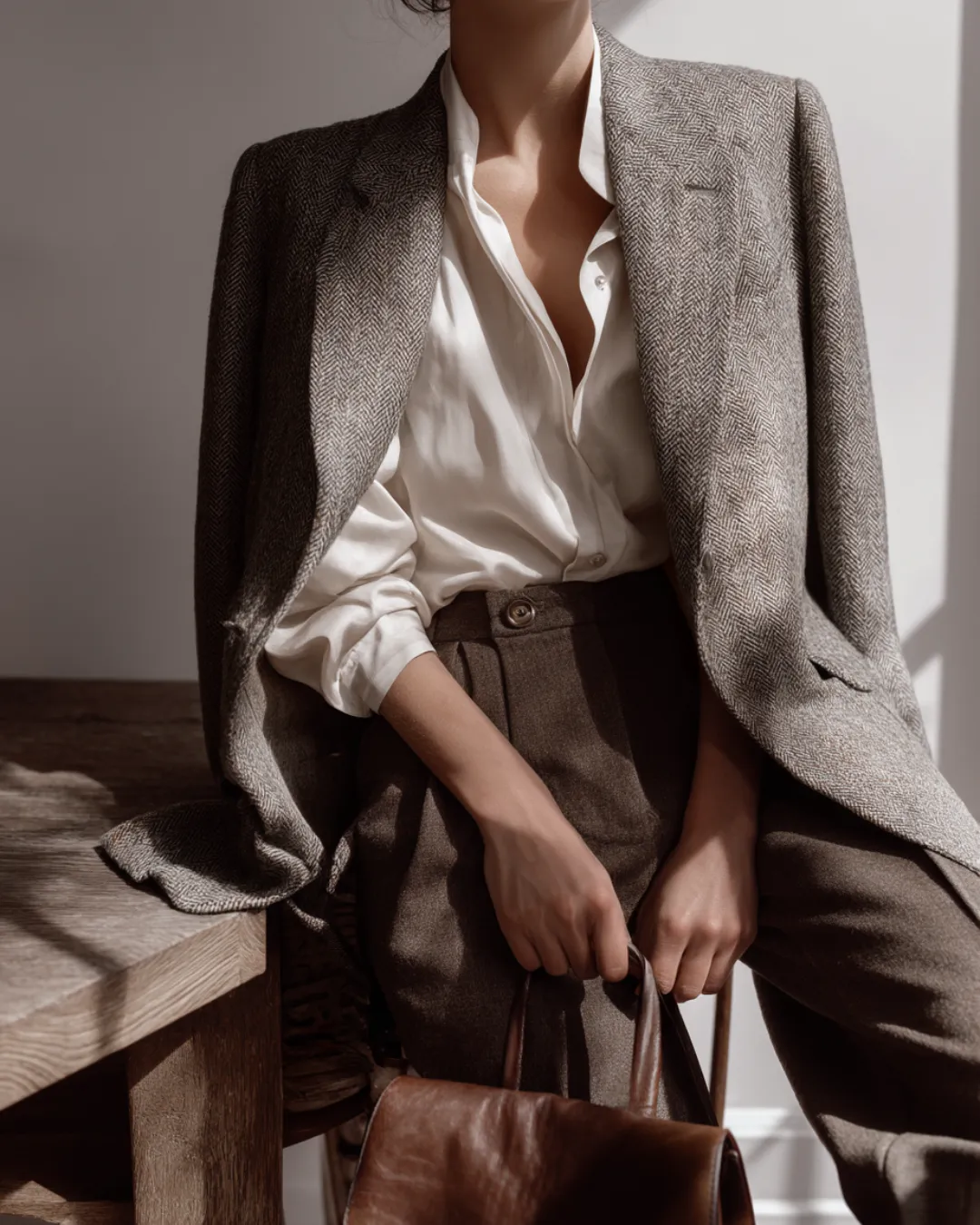Paris Fashion Week June/July 2025
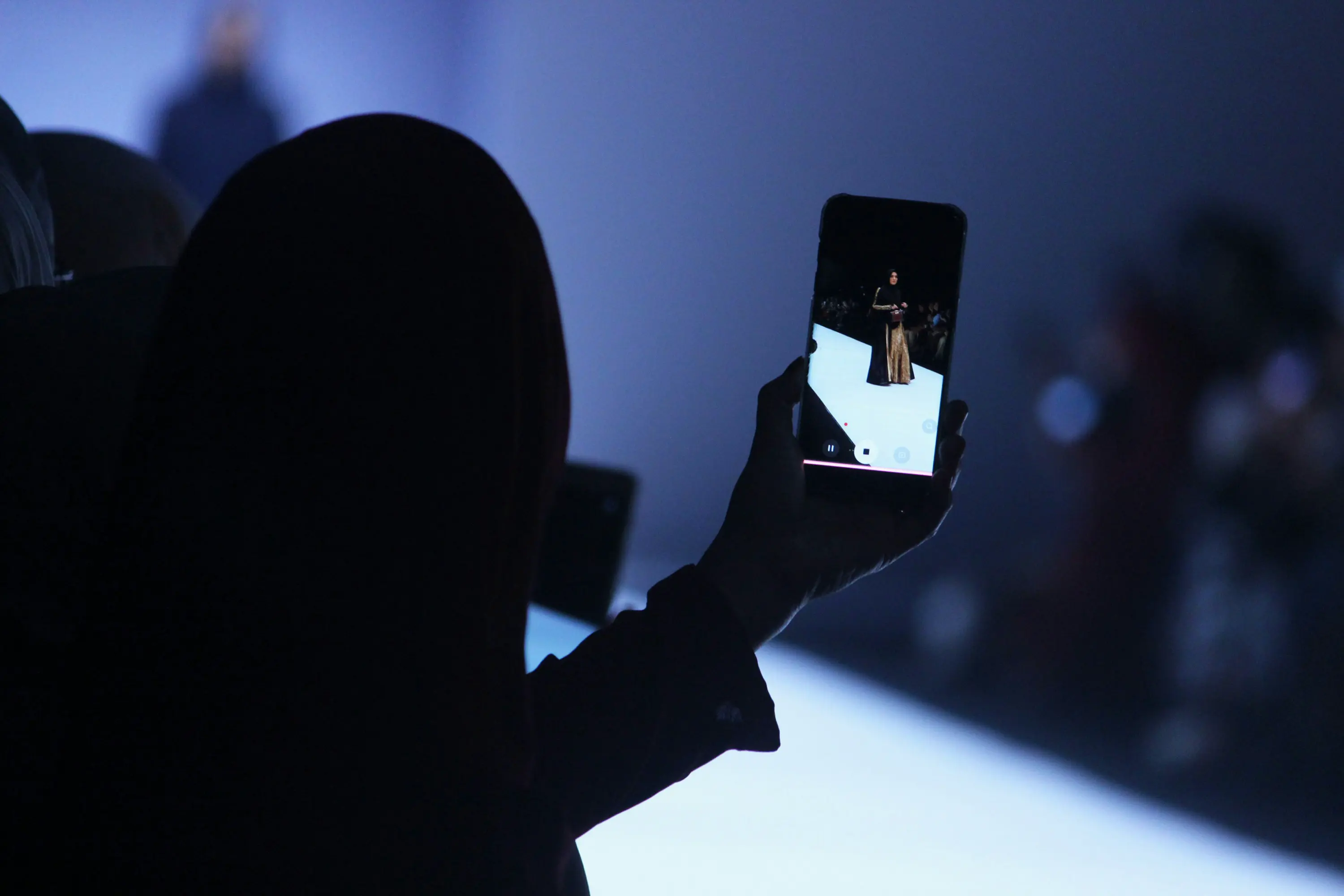
Courtesy of Hauser & Wirth
Courtesy of Astra Marina Cabras
Courtesy of LA Art Show
Courtesy of Lukas Gansterer
Courtesy of Henge
Courtesy of Andreas Simopoulos
Courtesy of Dave Benett
Courtesy of Japan Mobility Show
Courtesy of ART Cologne
Courtesy of whenobjectswork / Kate Hume
Courtesy of Ivan Erofeev
Courtesy of Stéphane ABOUDARAM - WE ARE CONTENT(S)
Courtesy of Sacha Moreau / Global Gift Gala Monaco
Courtesy of Fadi Al Shami
Courtesy of Sofia Hartmann
Courtesy of Historyhd
Courtesy of Mick De Paola
Courtesy of the artist (c) VG Bild-Kunst, Bonn 2025. Photography by Jens Ziehe.
Courtesy of Yasamine June
Courtesy of Rawisara Prachaksubhanit
Courtesy of Mariia Dred for Berlin Fashion Week
Courtesy of Michael Fousert
Courtesy of Raden Prasetya
Courtesy of Antonia Tewes
Courtesy of Antonia Tewes
Courtesy of Carlo Bazzo
Courtesy of Artem Zakharov
Courtesy of James Cochrane / Copenhagen Fashion Week SS26
Courtesy of Fashion Week Studio
Courtesy of Burak Goraler / AFW
Courtesy of Antonia Tewes
Courtesy of SF / Luigi Caputo
Courtesy of Bruno Cordioli / CC BY 2.0 via Wikimedia Commons
Courtesy of Dubai Fashion Week / Ruzaini Official
Courtesy of Frieze Seoul 2025 / Wecap Studio
Courtesy of LecartPhotos
Courtesy of Jacopo Salvi / La Biennale di Venezia / ASAC Photo
Courtesy of Campione d’Italia’s Classic Circuit
Courtesy of Maxi Yacht Rolex Cup
Courtesy of Jochem Raat
Courtesy of Corey Watson
Courtesy of Pitti Immagine / Fragranze
Courtesy of Le Sable
Courtesy of Once Milano
Courtesy of Monaco Yacht Show
Photo by Darren Carroll/PGA of America
Courtesy of Guy Bell / British Art Fair
Photo by Sean Zanni / Patrick McMullan via Getty Images
Courtesy of Messe München GmbH / Thomas Plettenberg
Courtesy of ph G Martin-Raget/SNST
Courtesy of David Pupăză
Courtesy of Derek Rose
Courtesy of Jim Winslet
Courtesy of Millie Turner/BFI
Photo by Hugo Glendinning. Courtesy of Frieze
Courtesy of Rolex / Kurt Arrigo
Courtesy of Laura Dupuy
Courtesy of Palm Beach Show Group
Courtesy of Getty Images for Perelman Perfor
Courtesy of BFA 2025
Images credited Jason Alden courtesy of LAPADA
Courtesy of Informa Markets
Courtesy of The Qatar Boat Show
Courtesy of Getty Images for Baby2Baby
Courtesy of Jeanne Canto
Courtesy of Darian DiCianno
Courtesy of David Long/Cancer Research UK
Courtesy of Saslong Classic Club
Courtesy of Dieter Nagl für die Wiener Philharmoniker
Courtesy of Derek Rose
Courtesy of Lukas Gansterer
Courtesy of Sam Frost
A
T
I
S
I
O
O
T
M
I
L
L
L
C
S
S
T
T
A
T
H
F
T
E
F
O
A
T
F
I
T
T
T
T
I
I
T
I
O
P
S
A
S
U
O
A
E
G
B
I
A
I
L
I
T
M
O
G
U
I
L
S
N
I
D
U
T
A
F
I
W
F
O
A
A
M
L
I
V
I
I
S
A
J
he Paris Fashion Week for Spring/Summer 2026 menswear and Fall/Winter 2025–2026 Haute Couture delivered a remarkable blend of creative renewal, historical homage and heightened celebrity visibility. Held across two high-profile segments from June 24 to 29 (Menswear) and July 7 to 10 (Couture), the season captured both a nostalgic reverence for fashion heritage and a daring push into the future. With 69 official menswear shows (39 runways and 30 presentations) and 27 couture houses on the roster, Paris reaffirmed its status as fashion's ultimate epicenter.
The Spring/Summer 2026 menswear season was marked by pivotal shifts: numerous major fashion houses introduced new creative directors or returned after prolonged absences. Notably, Saint Laurent staged its first dedicated menswear show in years. Dior Homme debuted under Jonathan Anderson, and Craig Green returned to Paris after a three-year hiatus. Dries Van Noten's first menswear show under new designer Julian Klausner was another milestone. The atmosphere was dynamic and transitional, balancing heritage with experimental spirit.
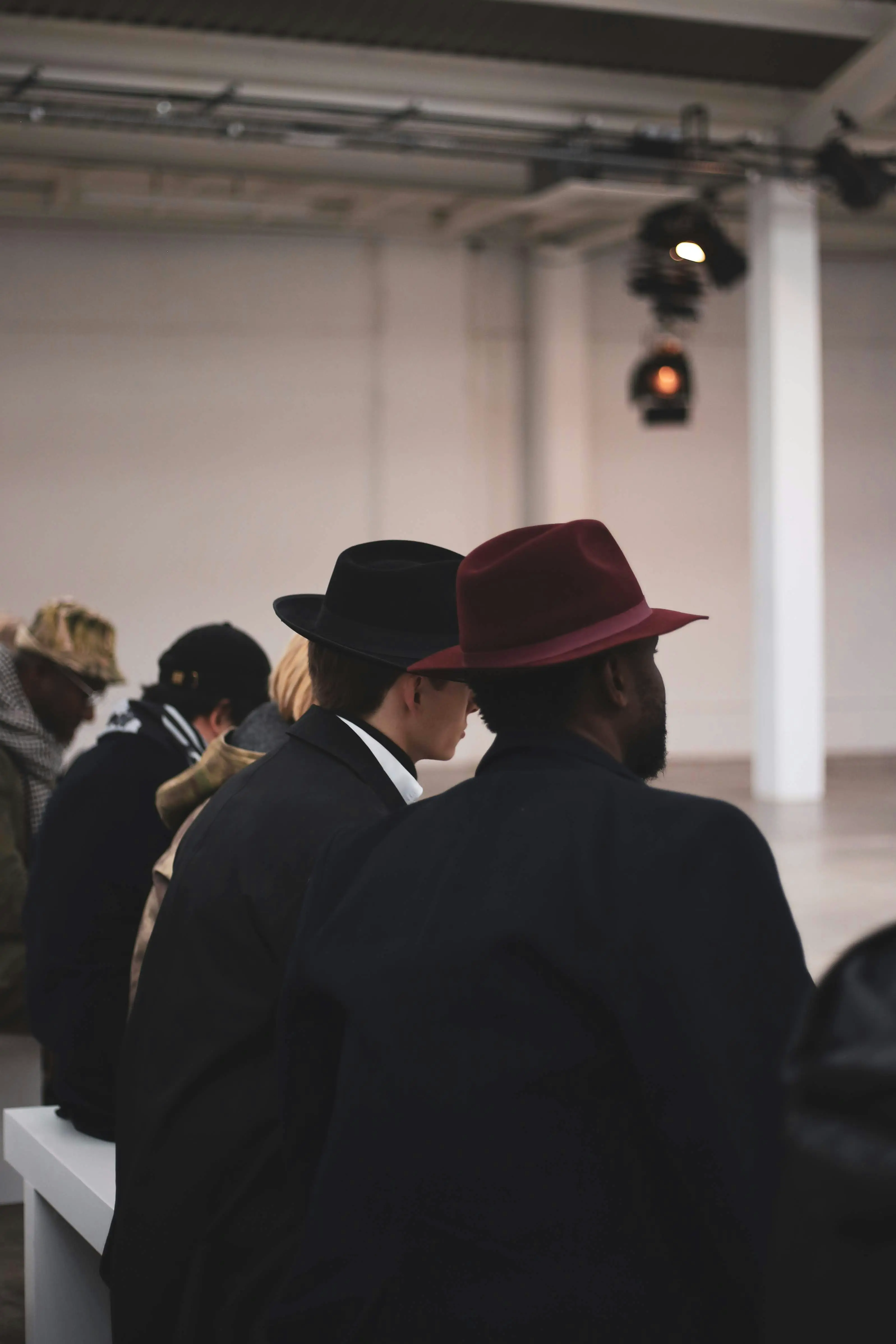
Louis Vuitton by Pharrell Williams: "Paris to India"
Pharrell Williams' latest collection for Louis Vuitton, showcased in front of the Centre Pompidou, was titled "Paris to India" and drew rich inspiration from contemporary Indian sartorial culture. Following research trips to Delhi, Mumbai and Jaipur, the collection featured a vivid palette: turmeric yellow, terracotta orange, earthy chartreuse and deep violet. Silhouettes ranged from loose tailoring for tropical climates to gorpcore-influenced parkas with removable trousers. Playful Damier prints and hand-painted motifs. Including a giant snakes-and-ladders runway installation. Paid homage to Wes Anderson's The Darjeeling Limited. Williams paired retro suits with shrunken sweaters, creating a nostalgic but fresh silhouette. Everyday garments like polos and chinos were rendered in luxury fabrics. The show accompanied by a live gospel choir, sitar ensemble, and music by A.R. Rahman was widely considered his strongest LV presentation yet. Beyoncé, Jay-Z, Omar Sy, Spike Lee and NBA star Victor Wembanyama added A-list luster to the front row.
Dior Homme by Jonathan Anderson: Debut of a New Era
Anderson’s debut at Dior Homme, held in the historic Cour du Dôme, was a critical success. As the first designer since Christian Dior himself to oversee both menswear and couture, expectations were sky-high. Anderson responded with a collection blending eccentric prep and Dior’s archival elements. He reimagined Dior’s iconic Bar Jacket in tweed with exaggerated cargo shorts. The palette broke with the house’s gray-dominated legacy, offering vibrant greens, pinks and blues. Proportions were daring - knee-length shorts paired with puffed vests and Jabot collars. Dior classics like the Book Tote were updated with Dracula and Dangerous Liaisons prints. Front-row attendees included Rihanna, Daniel Craig and the Arnault family.
Saint Laurent by Anthony Vaccarello: Fire Island Fantasy
Returning to the menswear calendar, Saint Laurent presented a queer-coded beach fantasy inspired by Fire Island. Under 30°C heat and a windswept outdoor runway, models wore neon shorts, see-through mesh tank tops and 1980s business tailoring. Gender-fluid elements like silk blouses and safari jackets nodded to the YSL womenswear archives. The show was described as an energetic queer-coded vacation trip. Celebrities like Zoë Kravitz and Charlotte Gainsbourg were present.
Temple
Rick Owens surprised audiences with a spiritual, subdued show titled "Temple" staged in front of the Palais Galliera. Set to Klaus Nomi’s operatic Dido’s Lament, the show unfolded like a ritual procession. Owens opted for softened versions of his signature aggression: deconstructed leathers, flowing parkas in recycled nylons, and exposed skin. His concept of "gritty softness" defined the collection. The hybrid Burrito sneakers combined orthopedic forms with futuristic flair.
Kawakubo's Post-Apocalyptic Art
Rei Kawakubo delivered a typically avant-garde presentation with sculptural suits, padded silhouettes and surreal headgear. Her themes remained cryptic, though critics saw a commentary on deconstructing traditional masculinity. Featuring baby doll prints and voluminous skirts, the collection blurred gender codes and once again set an anti-trend tone.
Nigo’s Kenzo mixed Japanese streetwear with varsity motifs. Wales Bonner juxtaposed British tailoring with Caribbean influences. Yohji Yamamoto stayed true to his noir poeticism with calligraphy-accented black layers. Hermès emphasized "quiet luxury" sumptuous basics in suede and silk. Demna’s earlier F/W collection for Balenciaga poked fun at the quiet luxury trend with hoodies labeled "Luxury" lined in cashmere. Menswear in Paris embraced two currents: classic craftsmanship and theatrical reinvention.
Haute Couture F/W 2025–26
From July 7 to 10, 2025, Paris hosted a transformative couture week with 27 houses participating. Major shifts defined the season: Maria Grazia Chiuri’s departure from Dior left a gap, while Chanel prepared for Virginie Viard’s final studio-led collection. Meanwhile, Demna bid farewell to Balenciaga with a radical exhibition show, and Glenn Martens debuted spectacularly at Maison Margiela.
Schiaparelli & Iris van Herpen Lead Opening Day
Schiaparelli’s Daniel Roseberry opened with a surreal, gold-torso-laden show. Iris van Herpen followed with futuristic couture fusing organic forms and 3D printing. Later, Georges Hobeika, Imane Ayissi, Rahul Mishra and Giambattista Valli (with his signature tulle extravaganza) rounded out the day.
Chanel's Nostalgic Farewell
Chanel’s final Viard-era collection highlighted tweed suits, oversized pearls and crystal bows. A double showing accommodated a high-profile audience including Margot Robbie and Penélope Cruz. Matthieu Blazy is set to take over in late 2025.
Demna’s Balenciaga Exit
Demna transformed Balenciaga’s atelier into a walkthrough gallery of 50 couture "exhibits". Referencing Cristóbal Balenciaga’s iconic silhouettes, he fused historical couture with subversive streetwear (e.g., hoodies lined with cashmere, Simpsons ballgowns). It was a tour de force of archival homage and anti-luxury commentary. A retrospective exhibition followed at Balenciaga HQ.
Martens at Margiela
Glenn Martens’ couture debut at Maison Margiela featured 48 unique looks referencing 100 years of fashion. Each piece had a name and a "list" of inspirations: foulard patchworks, half-historical dress hybrids and plastic-taffeta mixes. Critics hailed it as a high-concept revival of the Margiela spirit.
Emerging Voices & Innovations
Kevin Germanier closed couture week with upcycled glam made from CDs and mirror shards. Aelis, ArdAzAei, Peet Dullaert and Rami Al Ali offered fresh visions in sustainability and gender-fluid design. Rahul Mishra and Iris van Herpen emphasized ethical couture and technology-infused beauty.
Front rows were lined with global celebrities: Emma Watson, Greta Gerwig, Cardi B, Doja Cat, Kristen Stewart and even France’s First Lady Brigitte Macron. Demna’s farewell drew Kim Kardashian and Anna Wintour. Alessandro Michele, while absent from the runway, hosted a private Valentino dinner post-wedding for Jeff Bezos and Lauren Sánchez.
The consensus among critics was clear: Paris staged a rare dual-season that balanced legacy and reinvention, spectacle and substance. From Pharrell’s musical menswear journey to Martens’ artisanal explosion, Paris solidified its status as the nexus of global fashion transformation.


